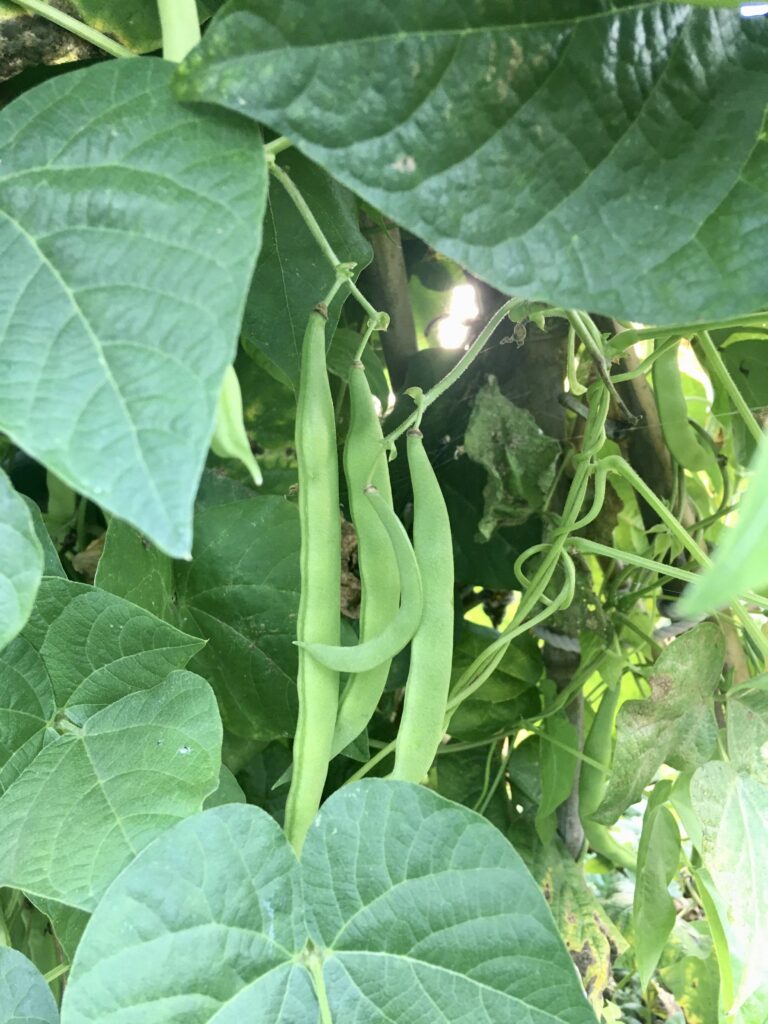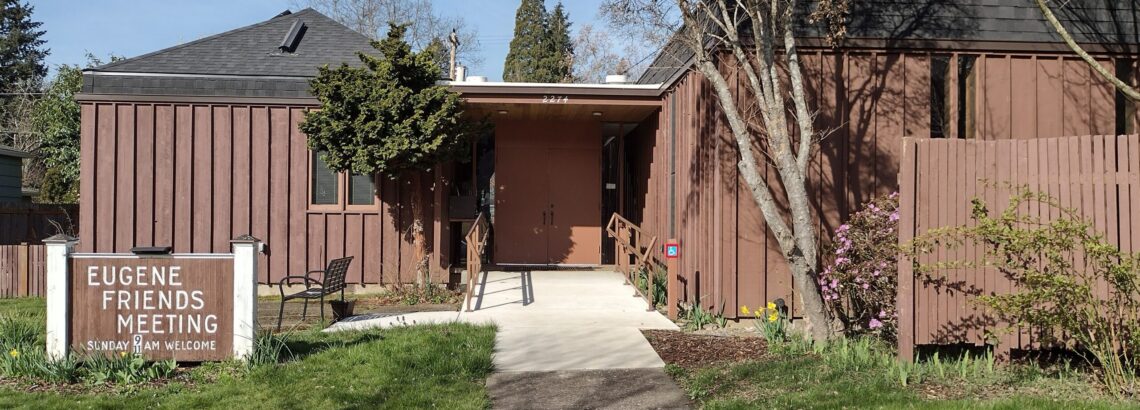
The National Sustainable Agriculture Coalition has a vision of U.S. agriculture:
- We have a safe, nutritious, affordable food supply that is ample for feeding everyone;
- Our food supply is produced by a legion of family farmers who make a decent living pursuing their trade;
- We protect the environment with farming systems that restore and conserve natural resources;
- And our fair and competitive agricultural markets support healthy socioeconomic conditions, and contribute to the strength and stability of our communities.
This vision is realized in some places, but we have a long way to go nationally. Our current industrial food production systems have damaging impacts on the environment, animal welfare and public health, but these are rarely accounted for and do not get paid for by food producers, or by the consumers at the checkout.
We ARE paying for these costs in hidden ways such as through water charges which include the cost of removing pesticides in drinking water; taxes which fund environmental clean-up costs; and the cost of health care for diet-related disease. These costs are often deferred on to future generations or other countries, as with climate change and soil degradation, rainforest destruction, and species extinction.
Many global groups, such as the Sustainable Food Trust, advocate for true cost accounting, a change in policy where the polluter must pay and where agricultural subsidies are used to encourage a shift to more sustainable forms of production, bringing benefits to both the environment and human health.
In the United States, the legislation that can bring about this change in policy is commonly known as the Farm Bill, which funds voluntary conservation reserve programs, as well as earth care programs that focus on drinking water protection, reducing soil erosion, wildlife habitat preservation, preservation and restoration of forests and wetlands, and aiding farmers whose farms are damaged by natural disasters. But so much more needs to be done.
The NSAC Farm Bill webpage explores how the United States can leverage this legislation to transform food systems, and bring their vision of sustainable agriculture to life in the United States. Specifically they advocate for increasing spending and expanding programs in the “Other” category, which includes many vital programs such as:
- the Local Agriculture Market Program (LAMP),
- the Farming Opportunities Training and Outreach (FOTO) program,
- Organic Agriculture Research and Extension Initiative (OREI),
- and the Specialty Crop Block Grant Program (SCBGP).
Normally, the Farm Bill is updated every five years, and an update cycle began in November 2022, but President Biden authorized an extension that allows authorized programs to continue, without changes, through September 30, 2024. Congress is writing the next Farm Bill right now. What can you and I do?
- Check out the list of bills on the NSAC’s Take Action webpage and contact your senator or representative.
- Sign up for sustainable agriculture action alerts.



Who do we thank for these resources and call to action? Thank you!
I want to add a couple of local resources which may be helpful in relation to these issues. One is the Eugene Permaculture Guild, a mailing list of over 100 (and growing) people practicing permaculture in whatever ways in the local area – including some well outside of Eugene. People are always sharing notes, physical and idea resources, etc. https://groups.io/g/epguild
The other is a more free wheeling local Facebook group on food history and politics: https://www.facebook.com/groups/249412079029707 (They would love to see this blog post, if someone posts it!)
PermalinkThanks, Slow!
Permalink